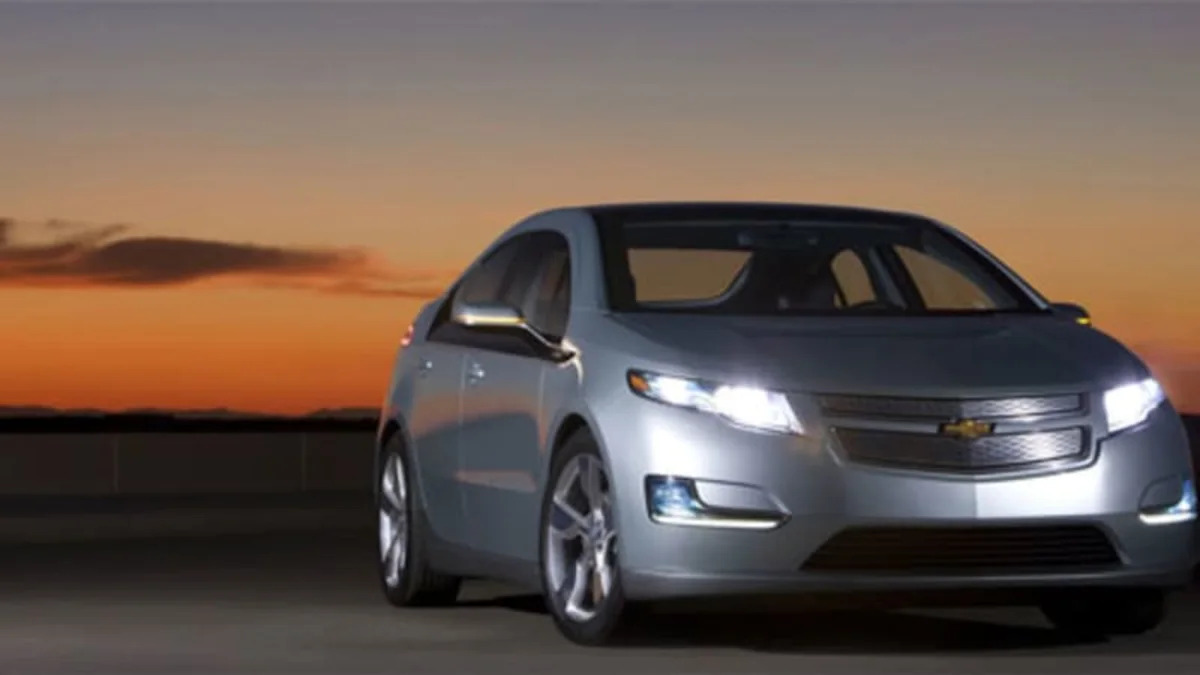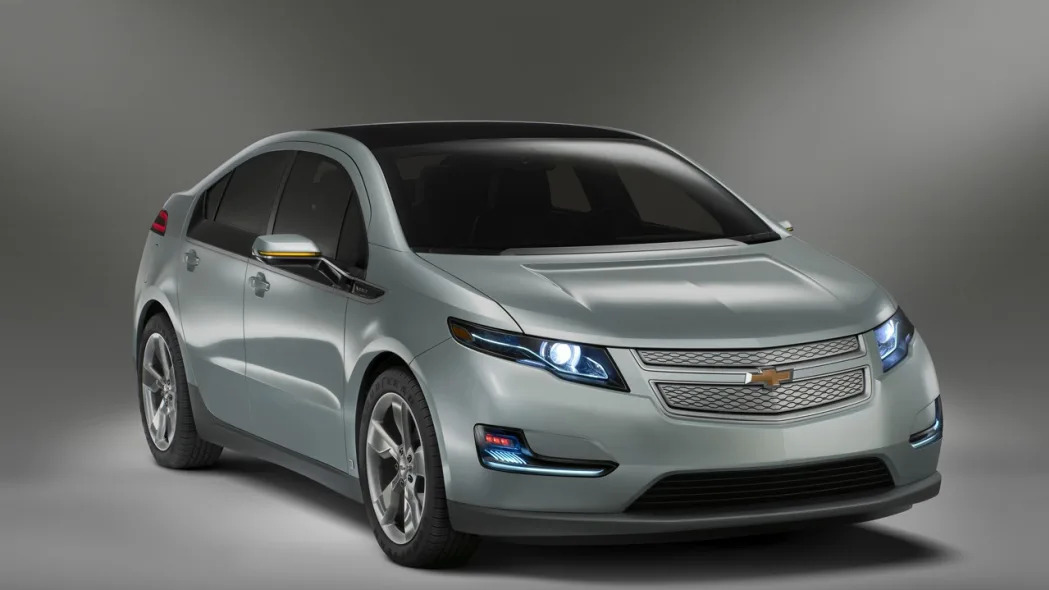Click above for a high res gallery of the 2011 Chevy Volt
After reading through the recent study from Carnegie Mellon University that suggested the best compromise between price, performance and environmental benefit would put a 3kWh battery in plug-in hybrids – enough for about 7 miles of electric-only travel – Jon Lauckner, GM's Vice President Global Program Management, decided that he should weigh in with his own analysis of the situation.
The big problems that GM has with CMU's study are its suppositions on the cost of large-scale battery packs and the omission of the federal tax credits that plug-in hybrids like the Volt will be eligible for. A vehicle that only allows for a 7-mile EV range would not qualify for any credits while the Volt would earn the full $7,500 allotment due to the capacity of its lithium ion battery. What's more, GM says that CMU is overestimating the cost of the pack that GM will be using for its Voltec powertrain.
The Chevy Volt's 16 kWh of capacity should provide an electric range of about 40 miles, which GM believes will be sufficient for nearly 80 percent of the population to get to work and back on an average day. If the Volt were primarily driven under this 40-mile limit, GM says drivers could recharge the car at night when electricity is cheap and plentiful. After already holding back on hybrid technology once due to cost considerations, GM's not about to make that mistake again.
[Source: GM Fastlane]



Sign in to post
Please sign in to leave a comment.
Continue